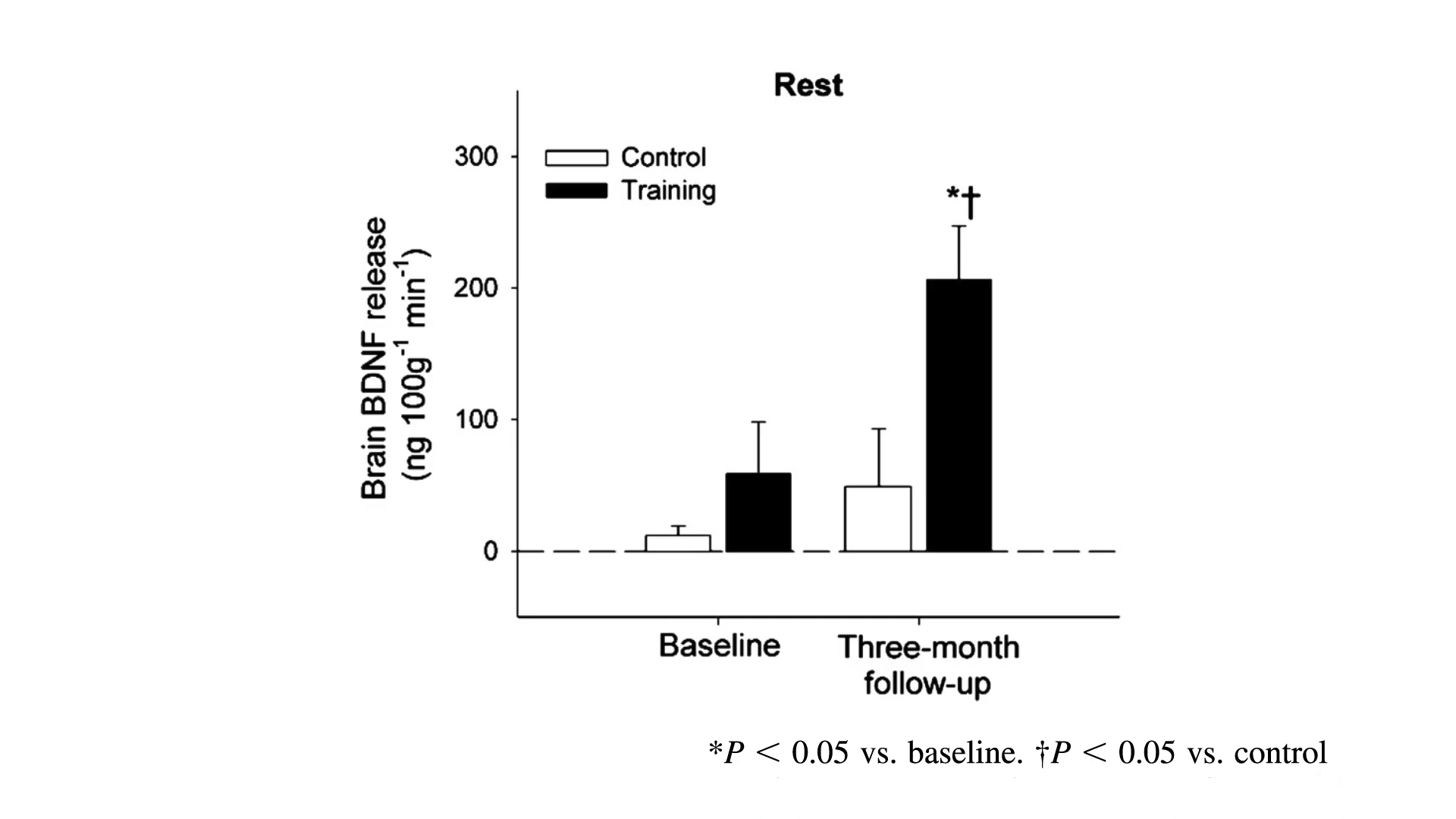Image source, Amanda Clark/Cabinet Office
Astronomy Professor Michele Dougherty did not study Natural Sciences (IPA) in Middle School (SMP), but he was inspired to learn more about space after using his father's telescope.
Currently, Dougherty is the first woman to be appointed as the United Government Astronomy (UK) in the department's 350 -year history.
He is also part of the team that sends space rides to the ES months in Jupiter.
Dougherty told BBC News That he hopes his new position as the official advisor of King Charles III in terms of astronomy will inspire more women to study science.
He also wants to use his new role to “open the eyes of the public” about the wonders of space.
“I want to interact with the community, make them excited about what we do in the field of astronomy, and also explain how important our work is for the British economy,” said Professor Dougherty.
Dougherty was involved in one of the most interesting space missions today: Sending Outer Space Rights European Space Agency to the Jupiter Es. Months to assess whether there is the potential to sustain life there.
“It would be surprising if there was no life in our solar system,” he said with a laugh, with extraordinary enthusiasm that became his trademark.
Starting at the age of 10 years
His journey to the Jupiter project began at the age of 10 years, when he saw the planet through a telescope he built with his sister and his father.
“That was the first time I saw Jupiter and four of the big months, never thought that I would send an instrument there with space rides,” he said.
“I have to pinch myself when I think about it and have to pinch myself too because I am now a royal astronomer!”
The achievement of Professor Dougherty became more extraordinary because he did not study Natural Sciences in middle school while living in South Africa, where he grew up.
“There is a choice between schools. One of them teaches Natural Sciences, but no friend of mine goes there,” he said.

Image source, Michele Dougherty
“So as a 13-year-old child, I think, I want to stay with my friends.”
But dugherty when a teenager was very proficient in mathematics so he was accepted in the science department at the university.
“The first few years are very difficult. It feels like learning new language,” he said.
But he immediately chased the backwardness and came to England to become one of the leading space scientists in the country, showing extraordinary courage and talent.
“I agreed with things that I didn't know how to do it, and I learned over time,” he said.
Position as an Astronomer UK (Astronomer Royal) has existed since the establishment of Royal Observatory in Greenwich in 1675.
John Flamteed from Derby was the first to fill the position.
His job at that time was mostly advising the king about the use of stars to increase navigation at sea.
The senior observatory curator, Louise Devoy, explained that the position developed over time, became one of the most important scientific voices in the country.
“In the 1800s, Royal astronomers began to be asked to act as government advisers, so it was possible to provide advice about trains or bridges or telegraphs, various topics outside of astronomy,” he said.
“If we jump to the 20th century, this is more about developing international collaboration, that is why there are British astronomers who work in Telescopes in Chile, Canary Islands, and even James Webb's Space Telescopes.”
For three and a half centuries, as many as 15 men have held the most senior astronomer position for the whole of Britain.
But at Royal Observatory in Edinburgh, Professor Catherine Heyman has held an equal position as a royal astronomer for Scotland since 2021.
He was very happy to hear Dougherty's use.
“Over the past 350 years, the title of Royal Astronomer is held by white male astronomers, and that reflects what the astronomy community is like for the past few centuries. However, everything has changed,” he said.
“Science becomes more diverse, which is needed if we want to answer these big questions, and I am very happy now that the two royal astronomers throughout England are women, reflecting the fact that science is for everyone,” Catherine said.

Image source, Michele Dougherty
Professor Dougherty did not want to exaggerate the fact that she was the first woman to hold a position throughout the British.
But he hopes this will inspire others to follow his footsteps.
“In my opinion this is important. I think when children are small, especially seeing someone who looks like they do the work they think they will never get the chance, it a little changes their mindset,” he told BBC News.
Dougherty experienced this when he served as Head of the Department of Physics at the Imperial College between 2018 and 2024.
During the period, the percentage of first year female students who came to Imperial increased from around 19 percent to 25 percent.
“It's not a big change,” he said, “but there are positive changes. And I think it's because the students see that I am in a role they might aspire to the future.”
















